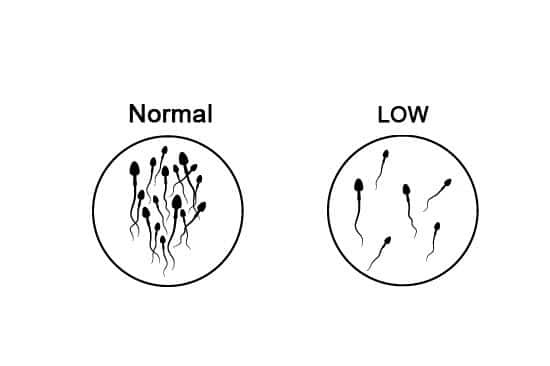CNN News, New Scientist, Human Reproduction Update, and other news outlets are reporting that the sperm counts of men living in North America, Europe, and New Zealand have plummeted by 50-60% over the past 40 years.
These reports are based on a comprehensive study conducted by an international team of researchers led by Dr. Hagai Levine of Hebrew University. The researchers documented a continuing decline of 1.4% per year.
Declines in male sperm counts have been linked to endocrine disrupting chemicals such as the phthalates commonly found in plastics as well as glyphosate herbicides and fire retardants. It is noteworthy that the researchers did not find similar declines in South America, Africa, or Asia.
These findings confirm trends we’ve documented at the Seattle Sperm bank over the past decade. Increasing numbers of men applying to become sperm donors are rejected due to lower than average sperm counts according to World Health Organization guidelines for normal male fertility.
Dr. Jeff Olliffe, Medical Director of the Seattle Sperm Bank, says, “This study documents the increasing incidence of male infertility that we see in sperm donor applicants. Healthy young men assume that they will be accepted as sperm donors, only to learn that they may have trouble impregnating their partner or spouse later in life. More research is needed, particularly with regards to the effects of phthalates and glyphosate on male hormones.”
At Seattle Sperm Bank, only about 1% of all sperm donor applicants are accepted into our program. This is mostly because we require a higher than average sperm count from our donors. Family medical history also prevents some men from becoming donors as otherwise healthy males are disqualified due to genetic conditions discovered during our screening process. Our doctors and staff will continue to follow this research and keep you informed.


